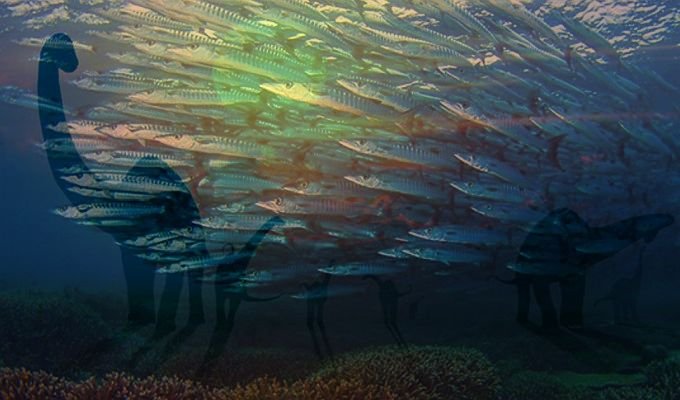Climate change and rising temperatures are already causing a mass exodus away from the equator; this region is the most biodiverse ecosystems in the ocean.
But as temperatures rise, aquatic organisms will likely continue to flee their homes in greater and greater numbers.

According to a team of Australian researchers from the Universities of Auckland, Queensland, and the Sunshine Coast, we could be on the cusp of a mass extinction event caused not only by the inhospitably-hot water around the equator, but also by the ecosystem disruption that organisms fleeing the area will cause wherever they happen to settle.
“When the same thing happened 252 million years ago, there was a mass extinction, 90 percent of all marine species died,” the scientists wrote.

The scientists tracked the distribution of nearly 49,000 different species throughout the ocean to see where they were heading.
Typically, the distribution of oceanic life looks a bit like a bell curve, with just a few species near the North and South pole but loads more at the equator.
Now, that tidy curve is actively changing, according to research two separate peaks are emerging on either side that represent the huge number of species that fled the equator in either direction.

Losing species in tropical ecosystems means ecological resilience to environmental changes is reduced, potentially compromising ecosystem persistence thus leading to mass extinction
In subtropical ecosystems, species richness is increasing. This means there’ll be species invaders, novel predator-prey interactions, and new competitive relationships.

For example, tropical fish moving into Sydney Harbour compete with temperate species for food and habitat.
This threatens not only the biodiversity and ecological health of the planet in general, but also local human communities that depend on native species for food or income — making immediate climate action all the more urgent so as to prevent a mass extinction.
Reference- Journal PNAS, The Conversation story, ABC News, Futurism






